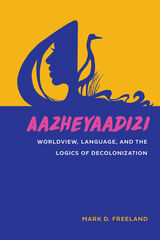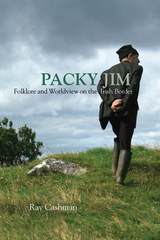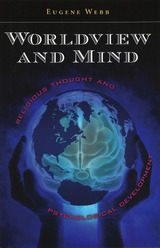

A critical look at how China’s growing strategic arsenal could impact a rapidly changing world order
China’s strategic capabilities and doctrine have historically differed from the United States’ and Russia’s. China has continued to modernize and expand its arsenal despite its policy of no first use, while the United States and Russia have decreased deployed weapons stocks.
This volume brings together an international group of distinguished scholars to provide a fresh assessment of China's strategic military capabilities, doctrines, and political perceptions in light of rapidly advancing technologies, an expanding and modernizing nuclear arsenal, and an increased great-power competition with the United States.
Analyzing China's strategic arsenal is critical for a deeper understanding of China’s relations with both its neighbors and the world. Without a doubt, China’s arsenal is growing in size and sophistication, but key uncertainties also lie ahead. Will China’s new capabilities and confidence lead it to be more assertive and take more risks? Will China’s nuclear traditions change as the strategic balance improves? Will China’s approach to military competition be guided by a notion of strategic stability or not? Will there be a strategic arms race with the United States? China's Strategic Arsenal provides a current understanding of these issues as we strive for a stable strategic future with China.

Michael Hayes offers a vigorous defense of incrementalism: the theory that the policymaking process typically should involve bargaining, delay, compromise, and, therefore, incremental change. Incrementalism, he argues, is one result of a checks-and-balances system in which politicians may disagree over what we want to achieve as a nation or what policies would best achieve shared goals.
Many political scientists have called for reforms that would facilitate majority rule and more radical policy change by strengthening the presidency at the expense of Congress. But Hayes develops policy typologies and analyzes case studies to show that the policy process works best when it conforms to the tenets of incrementalism. He contends that because humans are fallible, politics should work through social processes to achieve limited ends and to ameliorate—rather than completely solve—social problems. Analyzing the evolution of air pollution policy, the failure of President Clinton’s health care reform in 1994, and the successful effort at welfare reform in 1995-96, Hayes calls for changes that would make incrementalism work better by encouraging a more balanced struggle among social interests and by requiring political outcomes to conform to the rule of law.
Written for students and specialists in politics, public policy, and public administration, The Limits of Policy Change examines in detail a central issue in democratic theory.

Ray Cashman, who has been interviewing McGrath for more than fifteen years, demonstrates how Packy Jim embellishes daily conversation with stories of ghosts and fairies, heroic outlaws and hateful landlords. Such folklore is a boundless resource that he uses to come to grips with the past and present, this world and the next. His stories reveal an intricate worldview that is both idiosyncratic and shared—a testament to individual intelligence and talent, and a window into Irish vernacular culture.

READERS
Browse our collection.
PUBLISHERS
See BiblioVault's publisher services.
STUDENT SERVICES
Files for college accessibility offices.
UChicago Accessibility Resources
home | accessibility | search | about | contact us
BiblioVault ® 2001 - 2024
The University of Chicago Press









